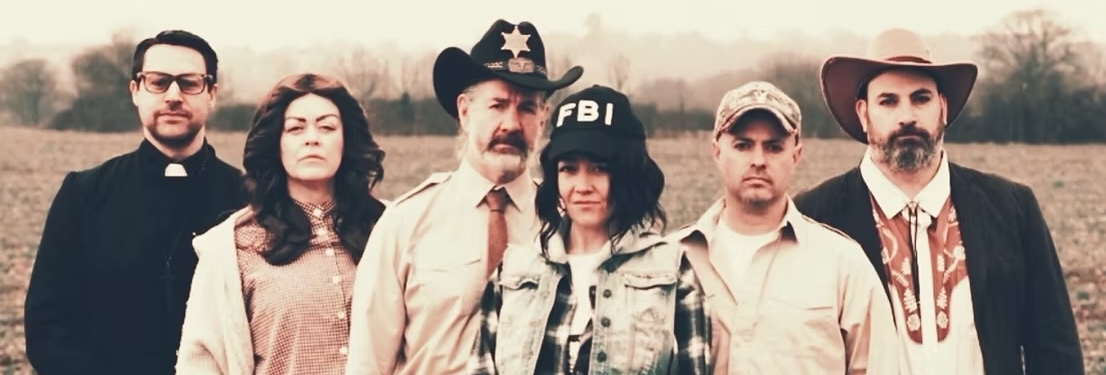Should a crime ever be left unsolved? Does justice demand that all secrets are exposed? These questions lie at the heart of White Lies, a cold-case thriller set in the American Deep South. FBI agent Maria Tracey returns to the town she grew up in, but long ago decided to leave; she’s been sent back to report on an unsolved murder which she can just about recall from her childhood. The action skilfully combines memories of the time with inquiries in the present day – but as one character observes, “when you look at the past, it ain’t clear”.
The story is firmly rooted in its milieu – a world of blue jeans and cowboy hats, but also of small-town intrigue and patronage. The victim’s father is a powerful man, disdainful of Maria as a new arrival and as a woman; but the new sheriff is from a more progressive generation, and comes to show her a measure of respect. There are themes of decay and of outgrowing your youth, as well as the impermanence and unreliability of memory.
Though the setting may be distant to a Scottish audience, much of what we see feels familiar from the movies, from the weary soldier returning home from ’Nam to the hard-bitten detective assigned from the big city. But the line between a trope and a cliché can be a thin one, and some of the motifs – such as the Catholic priest hamstrung by the secrecy of the confessional – fell on just the wrong side of the divide for me. And while the plot’s ultimately not a complex one, there are a lot of characters for a Fringe-length production, raising a slight suspicion that they’ve thrown up every idea they can think of and are still working out what sticks.
Much of the back-story’s revealed in a long, exposition-heavy bar-room scene, while the final reveal of the hidden truth felt a little rushed in contrast. But the gradual unravelling of the dead man’s past sins is satisfyingly paced, and details which seemed to be mere scene-setters in fact prove crucial later on. And while the question of when omertà is justified is largely left for us to answer, a thought-provoking analysis of why people bury things – both physical and metaphorical – offers a philosophical starting-point.
Overall, I think White Lies would benefit from a tighter focus: perhaps a trimming of one or two plotlines, and more exploration of its central thesis to fill the space that frees. But still, it’s an engaging mystery which evokes its setting emotively and well – and reminds us of some deeper truths worth telling.


Comments